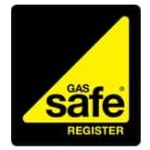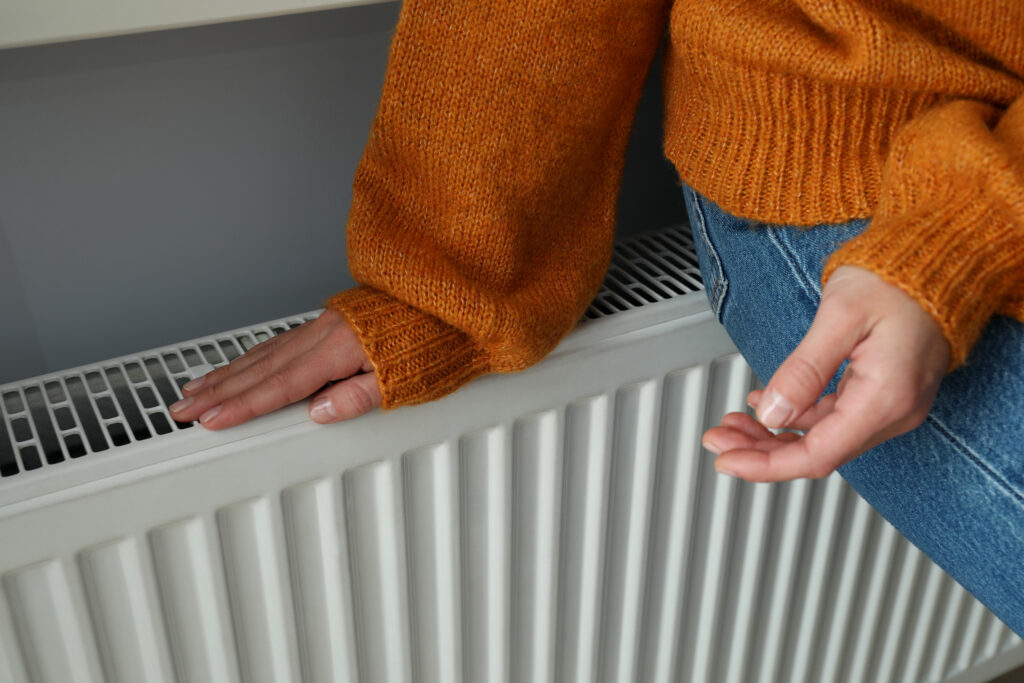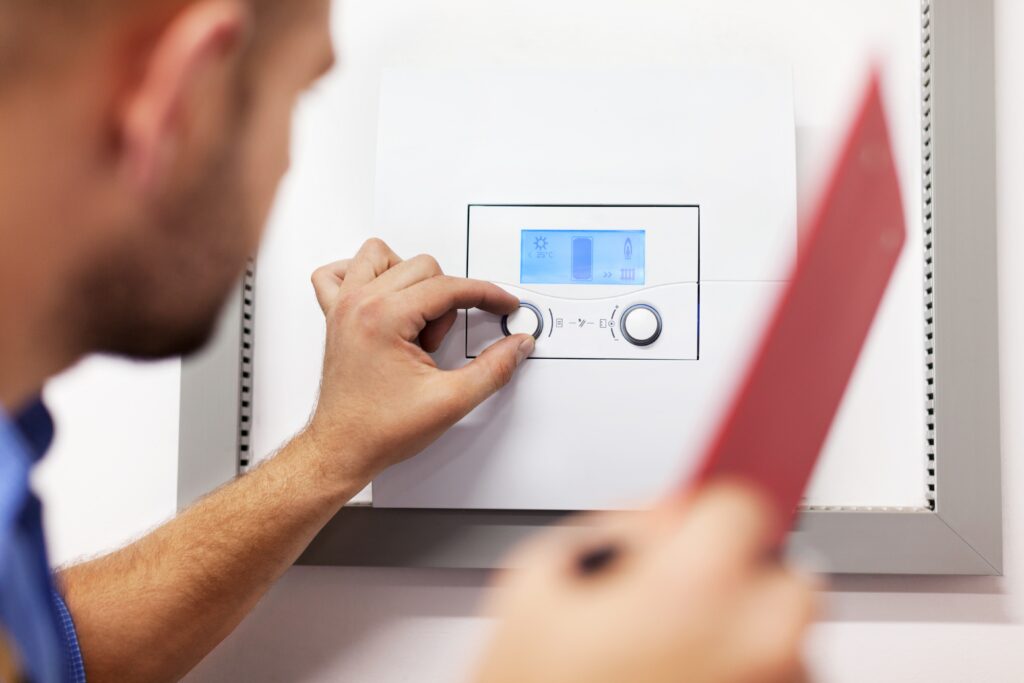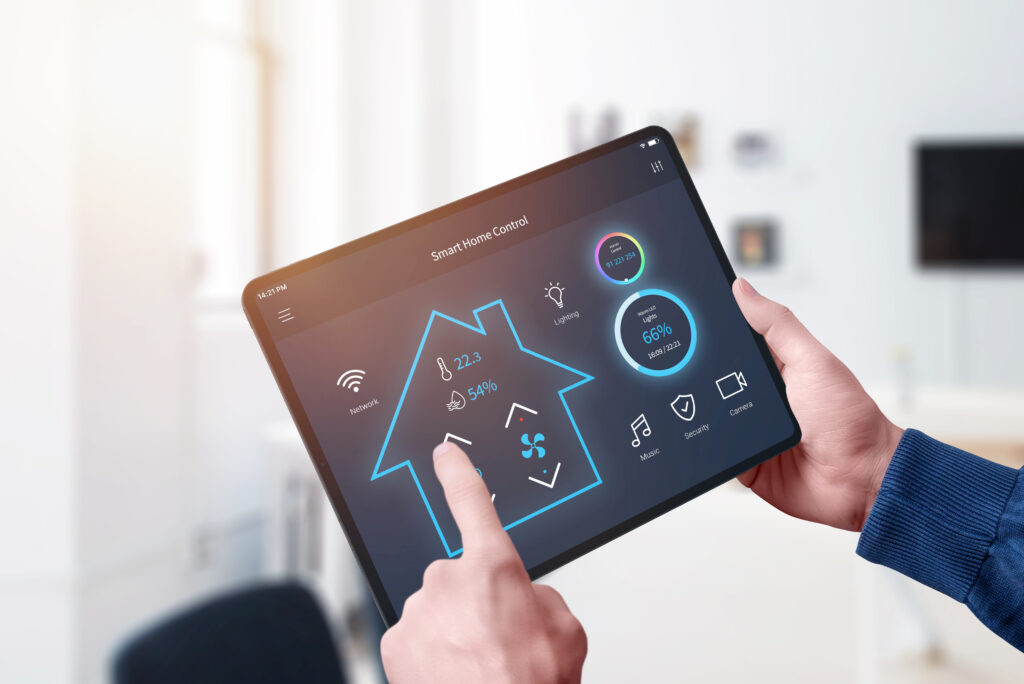Choosing the right commercial boiler for your business premises in the UK is a critical decision that impacts not only the comfort of your building but also its energy efficiency and operating costs. Commercial boilers come in various types and sizes, making the selection process potentially overwhelming. This comprehensive guide aims to simplify this process, providing key considerations and insights to help you make an informed decision.
Understanding Your Heating Needs
Assessing the Size of Your Premises
The size of your premises is one of the primary factors in choosing a commercial boiler. A boiler that is too small won’t adequately heat your space, while one that is too large will waste energy and increase costs. Consider the square footage of your building and the layout to determine the heating demand.
Identifying Usage Patterns
Understand how your commercial space is used. A retail space might have different heating requirements compared to an office or industrial site. Consider peak usage times and whether all areas need to be heated simultaneously.
Types of Commercial Boilers
Condensing Boilers
Condensing boilers are known for their high efficiency. They capture heat from exhaust gases that would otherwise escape through the flue, using it to preheat cold water entering the boiler. This type is ideal for businesses looking to reduce their carbon footprint and lower energy bills.
Combination Boilers
Combination boilers, commonly known as combi boilers, provide both heating and hot water without the need for a separate hot water storage tank. They are suitable for smaller commercial premises with limited space.
System Boilers
System boilers work with a separate cylinder for storing hot water and are ideal for larger premises with higher hot water demand. They can supply hot water to multiple taps simultaneously, making them suitable for buildings like hotels or large offices.
Boiler Efficiency and Ratings
Understanding Energy Efficiency
The efficiency of a commercial boiler is a key factor in choosing the right model. Look for boilers with high energy efficiency ratings. Modern boilers in the UK are rated according to their energy efficiency, with most commercial boilers having an ‘A’ rating.
The Role of Ratings in Cost-Savings
A more efficient boiler can significantly reduce your energy bills and environmental impact. While the initial investment might be higher, the long-term savings on energy costs can be substantial.
Budget and Running Costs
Balancing Initial Investment and Operating Costs
Your budget will play a significant role in the choice of boiler. However, it’s important to consider both the initial cost and the ongoing running costs. A cheaper boiler might be more expensive in the long run due to higher energy consumption.
Planning for Maintenance and Repairs
Factor in the cost of regular maintenance and potential boiler repairs. A boiler with readily available spare parts and easy maintenance can reduce operating costs over time.
Installation and Space Considerations
Space Requirements for the Boiler
The physical space available for the boiler is an important consideration. Different boilers have varying size and clearance requirements. Ensure that your chosen boiler can be accommodated in your premises without compromising safety or efficiency.
Installation Process
The complexity of installation can vary significantly between different types of boilers. It’s crucial to factor in installation costs and the potential disruption to your business operations. Engaging with experienced and certified professionals for installation is essential to ensure optimal operation and compliance with legal requirements.
Environmental and Legal Compliance
Adhering to Environmental Standards
Environmental considerations are increasingly important in the choice of commercial boilers. Opt for boilers that have a lower environmental impact in terms of emissions. This not only helps in reducing your carbon footprint but also ensures compliance with environmental regulations.
Legal Requirements and Certifications
In the UK, commercial boilers must meet specific legal requirements and standards. Ensure that your chosen boiler complies with these regulations, including energy efficiency standards and emissions limits. It’s also important to check that the installation will be compliant with building regulations and health and safety standards.
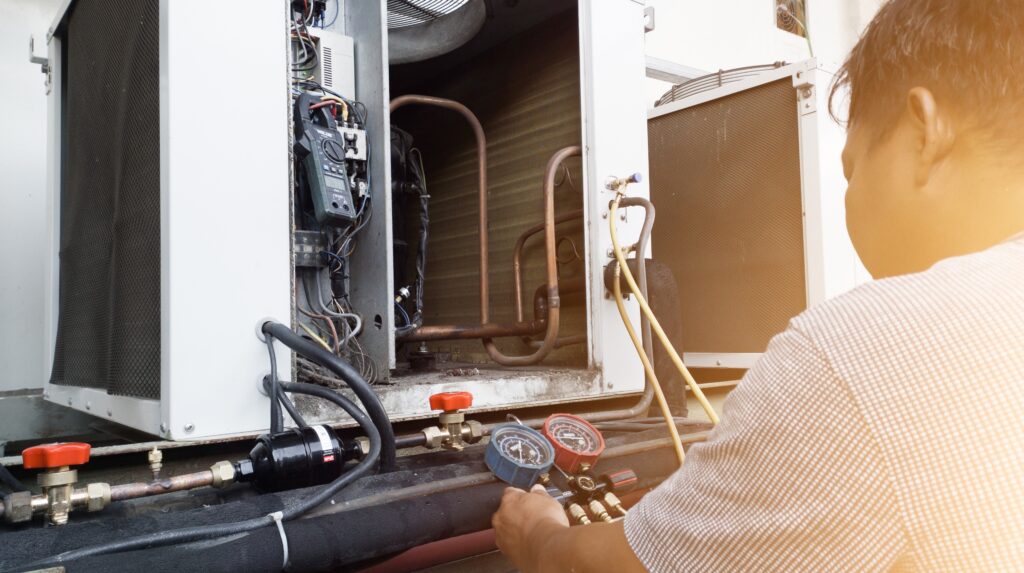
Future-Proofing and Technology Integration
Considering Future Needs
When choosing a commercial boiler, think about the future heating needs of your business. Opting for a scalable and adaptable system can be beneficial if you anticipate changes in your premises or operations.
Technological Advancements
Modern boilers often come with advanced features like remote monitoring and control, integration with building management systems, and smart thermostats. These technologies can improve efficiency, provide greater control over plumbing and heating, and help in monitoring energy usage.
Understanding Warranty and Support
Warranty Offered
Check the warranty provided with the boiler. A longer warranty period can offer peace of mind and protection against manufacturing defects. Understand what the warranty covers and any conditions attached to it.
After-Sales Support
Good after-sales support is crucial. Ensure that the manufacturer or supplier offers robust customer service and technical support. Availability of spare parts and qualified technicians for servicing and repairs is also an important consideration.
Seeking Expert Advice
Consulting with Professionals
Consulting with heating engineers or HVAC professionals can provide valuable insights tailored to your specific needs. Their expertise can guide you in choosing the right boiler considering all technical and practical aspects.
Learning from Case Studies
Look for case studies or testimonials from businesses similar to yours that have installed new boilers. Learning from their experiences can provide practical insights into the performance and reliability of different boiler systems.
Thanks For Reading
Choosing the right commercial boiler is a complex decision that requires careful consideration of various factors including size, efficiency, budget, environmental impact, and future needs. It’s a balance between upfront costs and long-term savings, functionality, and compliance with regulations. By taking a thoughtful and informed approach, and seeking expert advice when needed, you can select a boiler system that not only meets the heating needs of your business but also contributes to its overall efficiency and sustainability. Remember, the right boiler is an investment in the comfort, productivity, and environmental responsibility of your business.
Call on the Professional Services of Heat-Tec
Whether you are looking for plumbing or heating engineers or a company that carries out gas safety inspections, you have found the right company. Heat-Tec offers a professional approach, striving to achieve the highest possible standards from the start to the finish of any project. No job is complete until you are satisfied, contact us today.
FAQ’s
What is a commercial boiler and how does it differ from residential boilers?
A commercial boiler is a high-capacity heating system specifically designed for larger properties or businesses, such as offices, hospitals, restaurants, or industrial sites. Unlike residential boilers, which are typically designed to heat a single home or small apartment, commercial boilers are built to handle higher demands, often operating for longer periods of time and supplying both heating and hot water to a larger number of users. These boilers are engineered for efficiency, durability, and flexibility to meet the varying needs of commercial properties. Commercial combi boilers are also available, which provide both heating and hot water on demand, making them ideal for businesses with limited space or where energy efficiency is a priority.
How much does a commercial boiler cost, and what factors influence pricing?
The cost of a commercial boiler varies widely depending on several factors, including its type, size, and efficiency rating. Additional costs include installation, which can depend on the complexity of the setup and any necessary modifications to existing plumbing or gas lines. For businesses seeking the best value, considering energy-efficient commercial boilers can lead to savings in the long run, as they reduce energy consumption and operating costs. Factors like the building’s size, heating demand, and desired energy savings also play a role in determining the overall price.
What types of commercial boilers are available, and which is best for my business?
There are several types of commercial boilers, each with specific benefits depending on your business’s needs. The most common types include:
Combi Boilers: Commercial combi boilers are ideal for businesses with limited space as they provide both heating and hot water in one compact unit. They are energy-efficient and suitable for properties where space is at a premium.
System Boilers: These are ideal for larger businesses where a constant supply of hot water is needed. They typically require a separate hot water cylinder but can deliver higher performance for larger installations.
Regular Boilers: These boilers are best suited for businesses that require high-efficiency and constant heating. They work well for commercial setups where the heating system is more complex. When choosing a commercial boiler, consider factors like the size of the business, the demand for hot water, and the available space for installation. Energy-efficient options, such as high-efficiency boilers commercial, can help reduce long-term running costs.
How do I choose an energy-efficient commercial boiler?
Choosing an energy-efficient commercial boiler involves assessing both the energy consumption of the unit and its environmental impact. A good starting point is looking for boilers with a high Annual Fuel Utilization Efficiency (AFUE) rating, which indicates how efficiently the boiler converts fuel into heat. Commercial boilers that are classified as “condensing” are typically the most energy-efficient, as they extract additional heat from the exhaust gases, which would otherwise be wasted. High-efficiency commercial boilers are designed to reduce fuel usage, which leads to lower energy bills and a smaller carbon footprint. When selecting a boiler, it’s also important to consider factors such as the size of your business, its heating and hot water demands, and any available space for installation. Upgrading to an energy-efficient system may involve higher upfront costs, but the savings on energy bills and potential incentives often make it a smart long-term investment.
What are the benefits of choosing a high-efficiency commercial boiler?
The main benefit of choosing a high-efficiency commercial boiler is reduced operating costs. These boilers use advanced technology to maximize fuel use, converting more energy into heat and minimizing waste. Over time, this leads to significant savings on energy bills. High-efficiency boilers, especially when integrated with energy management systems, also help businesses reduce their overall energy consumption and lower their environmental impact. Additionally, businesses that opt for high-efficiency commercial boilers often benefit from incentives such as government rebates or tax credits for making energy-efficient upgrades. For businesses with a commitment to sustainability, investing in a high-efficiency boiler is a smart way to lower carbon emissions while also improving cost-effectiveness.
What factors should I consider when selecting a commercial combi boiler?
When choosing a commercial combi boiler, several factors should be considered to ensure it meets your business’s heating and hot water needs. One key consideration is the size of the property and the number of users, as these will determine the required capacity of the boiler. Combi boilers are ideal for businesses that need both heating and hot water, but they work best in smaller to medium-sized businesses where the demand for hot water isn’t continuous. Additionally, consider the energy efficiency of the unit. High-efficiency commercial combi boilers will help reduce running costs while minimizing environmental impact. Other factors to consider include the space available for installation, as combi boilers are typically more compact and can be installed in tighter spaces compared to larger, traditional systems. Finally, consider your future needs—whether the system can handle potential increases in demand or be adapted as your business grows.

